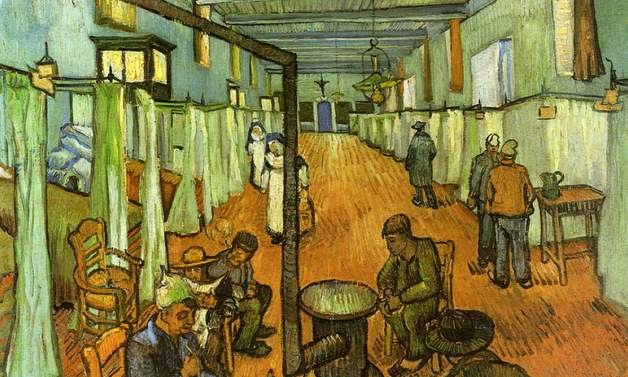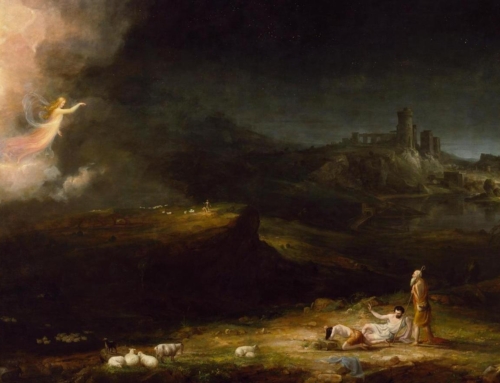An elderly woman sitting in a wheelchair stopped me in the hallway of the hospital. She had a pensive look on her face. She wanted to speak with someone about something troubling her, so she asked me this sincere question: “Brother, will I be able to walk again?”
I was a bit perplexed by this woman’s question. She wanted to know if her legs would ever function again. Now, I did take a biology class in high school, but I don’t think she wanted me to sing “Dem Bones” for her. In no way did I have any expertise in the field of human anatomy, so I could not provide her a medical answer.
I could attempt to console her by placing her difficulty in context. As frustrating as losing mobility might be, she still could live a full and meaningful life. Walking, after all, is mostly a means to enjoying other ends: going to the store, meeting with friends, exploring a street. With the help of a wheelchair, and her otherwise good state of health, she has every possibility of leading an active lifestyle.
Yet these kinds of soothing words would have been cold comfort. She didn’t want to know she could just get by—she wanted assurance that she could somehow be healed. Not just because she wanted to be unconstrained by a wheelchair, though that was undoubtedly true. No, the reason she asked me—someone entirely uneducated in the arts of medicine—is the same reason people asked Jesus whether they could be healed. They were not only sick in body, but sick at heart.
There are many instances in the Gospels of people struck with physical ailments: blindness, leprosy, paralysis. Many of these people came to Jesus asking to be healed, and this Jesus miraculously accomplished. His outward healings had deeper importance, though. Jesus did not perform a medical operation or prescribe medication, nor was he using some magical power. Rather, he gave an outward sign of how God heals all our brokenness. The most serious infirmity that the sick in the Gospel suffered was separation from friendship with God, along with alienation from the community. In healing them, Jesus shows the cure for these same disabilities which all of us struggle with today: the grace of faith. In faith, we trust that God, even in our suffering, is drawing us into closer communion with him.
The woman in the hospital asked me a question that seemed straightforward. In the field of medicine, I had little hope to offer. Yet, just as in the time of the Gospels, Jesus still offers to heal our spiritual brokenness if only we have faith in him. I could tell her the good news: “Yes, you will walk again; you will be walking on water with Jesus!”
✠
Image: Vincent Van Gogh, Ward in the Hospital at Arles







